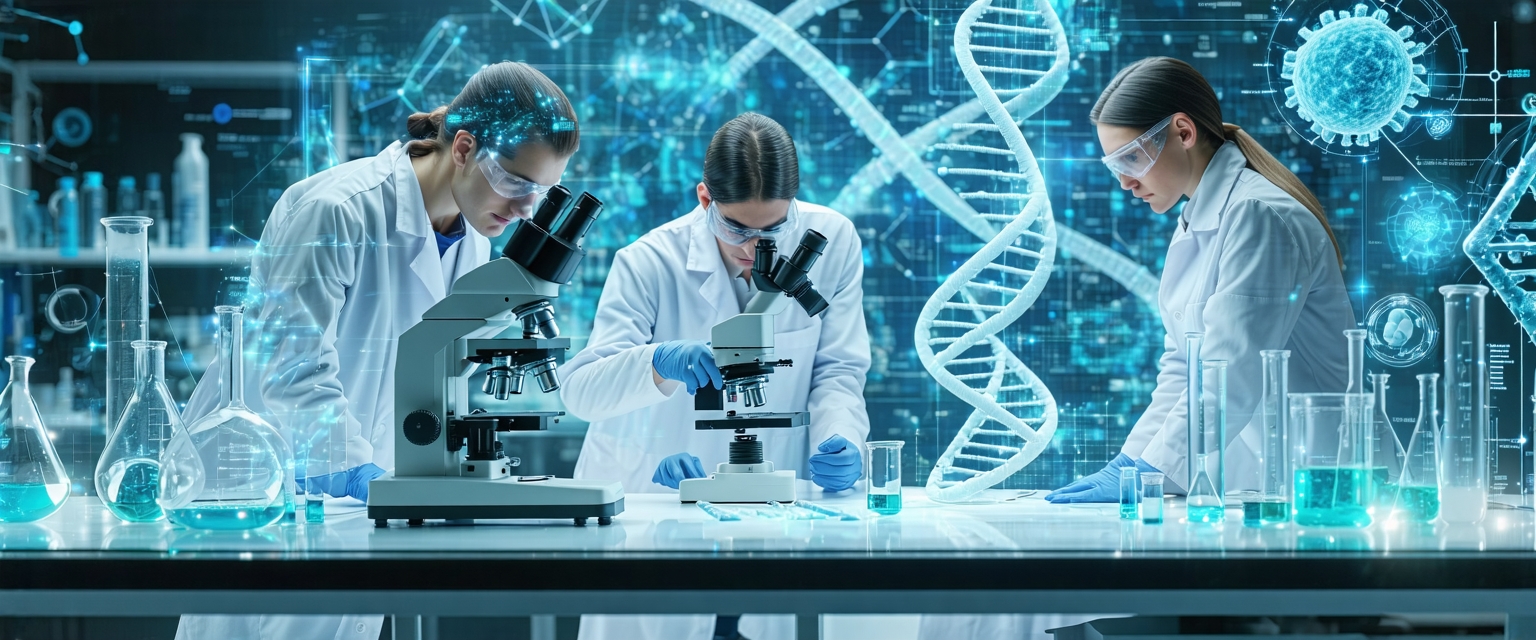






Biotechnology, the application of biological systems and organisms to develop or make products, has undergone a dramatic evolution since its inception. Driven by advancements in genomics, synthetic biology, and data analysis, the field is rapidly transforming healthcare, agriculture, and industrial processes. However, this rapid growth presents both immense opportunities and significant ethical and economic challenges that require careful consideration.
Early biotechnology focused on simple applications like fermentation and antibiotic production. The discovery of DNA’s structure in 1953 and subsequent advancements in genetic engineering revolutionized the field, leading to the development of genetically modified organisms (GMOs) and breakthroughs in medical therapies. The Human Genome Project, completed in 2003, further accelerated progress by providing a comprehensive blueprint of human genes, opening new avenues for personalized medicine and disease treatment.
Recent years have witnessed significant progress in CRISPR-Cas9 gene editing technology, offering unprecedented precision in manipulating genes. This has resulted in promising clinical trials for various genetic diseases. Furthermore, the rise of synthetic biology is enabling the design and construction of novel biological systems for various applications, from biofuels to new materials.
The convergence of biotechnology with artificial intelligence (AI) and big data analytics is also accelerating innovation. Machine learning algorithms are used to analyze vast biological datasets, predicting drug efficacy, identifying disease biomarkers, and optimizing biomanufacturing processes. This data-driven approach is significantly enhancing the speed and efficiency of biotechnology research and development.
According to a report by McKinsey & Company (2023), the global biotechnology market is projected to reach trillions of dollars in the coming decades. This growth is fueled by increasing demand for personalized medicine, advanced therapies, and sustainable solutions in agriculture and industry. However, concerns remain regarding the ethical implications of gene editing and the potential for widening health disparities due to unequal access to advanced biotechnological treatments. A study published in Nature Biotechnology (Smith et al., 2022) highlights the need for robust regulatory frameworks and equitable access to ensure responsible innovation.
The future of biotechnology holds immense potential for addressing global challenges in healthcare, food security, and environmental sustainability. However, navigating the ethical considerations surrounding gene editing and ensuring equitable access to its benefits are paramount. Further investment in research and development, coupled with responsible regulatory oversight, is crucial to harness the full potential of this transformative field.
Emerging areas like microbiome engineering, nanobiotechnology, and the development of bio-based materials will likely shape the next generation of biotechnological advancements. The increasing convergence with other scientific fields, such as AI and nanotechnology, promises to accelerate innovation and create new opportunities for addressing complex global challenges.
“`